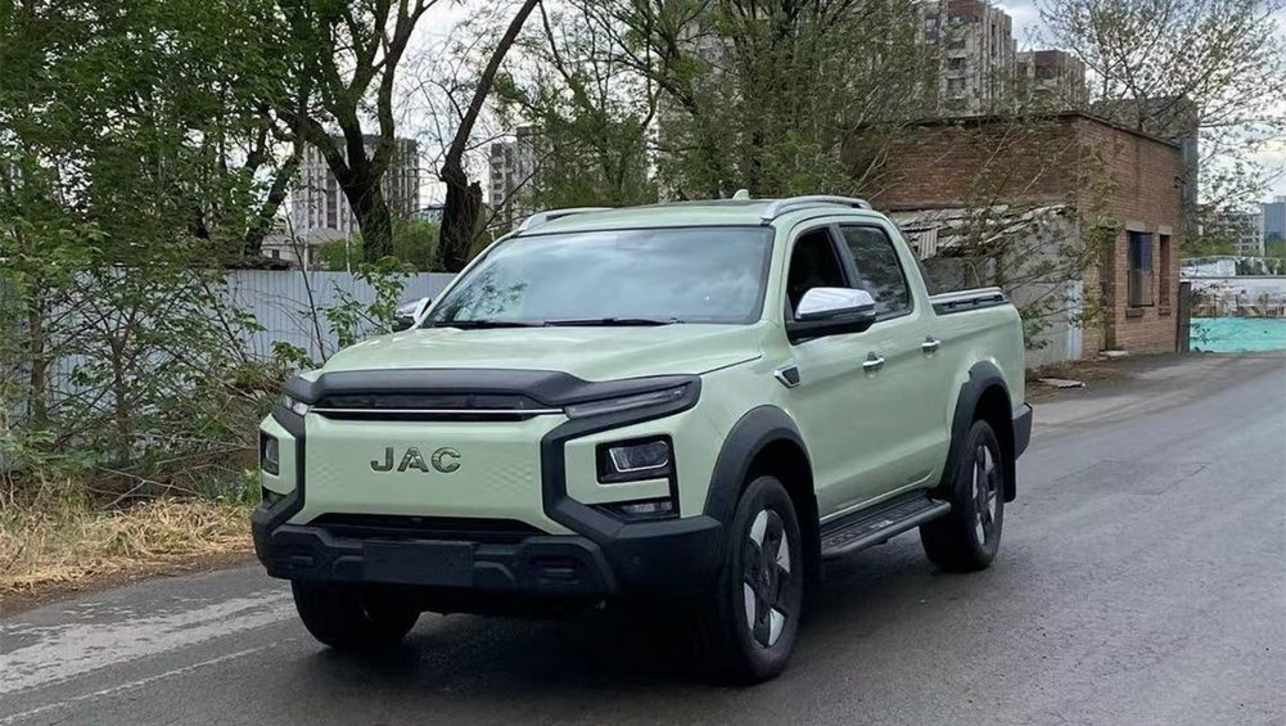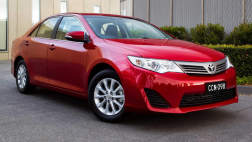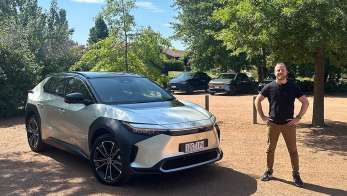They are caught in a vice that is changing the rules in showrooms across the world, but especially in Australia. Korean brands are rising fast and European prestige companies are drilling down, creating massive pressures in the middle ground that has been a happy place for the Japanese for more than 30 years.
It's good news for buyers, who will get more choice and better value at both ends, but the new rules will change the game for the Japanese. Far too many Japanese carmakers - Toyota and Honda for sure - are also about to feel the impact of their cost cutting decisions through the global financial crisis.
All of the major Japanese brands cut spending and several cancelled new-model programs and urgent update work to save money, leaving them without anything new to draw buyers. Honda has the new Civic coming but not much else, Toyota has the (yawn) new Camry this year but the vital FT-86 sports car is still more than a year away, and even Suzuki is running out of ammunition after the Kizashi and upcoming Swift.
In the opposition camps, Hyundai and Kia are getting better and better with every new model - the Kia Optima is a Camry rival with more style and value from just $36,990 - and BMW, Audi and even Mercedes are coming down with a sub-1 Series, the A1 and upcoming B-Class hero.
The Europeans are chasing more sales at every level and know there is demand they can tap with smaller cars that suit people downsizing around the world. In Australia, they could even jump from a Commodore or Falcon into an A1 for city-first work.
But the real challenge is coming from the Koreans, as Kia highlights again this week with the Optima. It's doing a great job in tweaking solid shared Hyundai mechanical parts into vehicles that people really want, including the classy Sportage that was runner-up in last year's Carsguide Car of the Year contest.
The things that once made Japanese cars so desirable - cabin quality, reliability and great air-conditioning - are now available in Korean models that cost less and have the big advantage of five-year warranty backup. And they keep on coming. In short, Korean companies now make better-value Japanese-style cars than the Japanese do.
That means the Japanese brands need to find a point of different, and a reason for people to buy, and fast. Lots of people still wonder about the long-term benefit of buying Korean, or remember the days of a Hyundai Excel that was basically a disposable car, but things are changing and changing fast. Korea has already put a sword through Japan's electronics business and the cars are next.







.jpg)
.jpg)
.jpg)

.jpg)


.jpg)


.jpg)



.jpg)








Comments